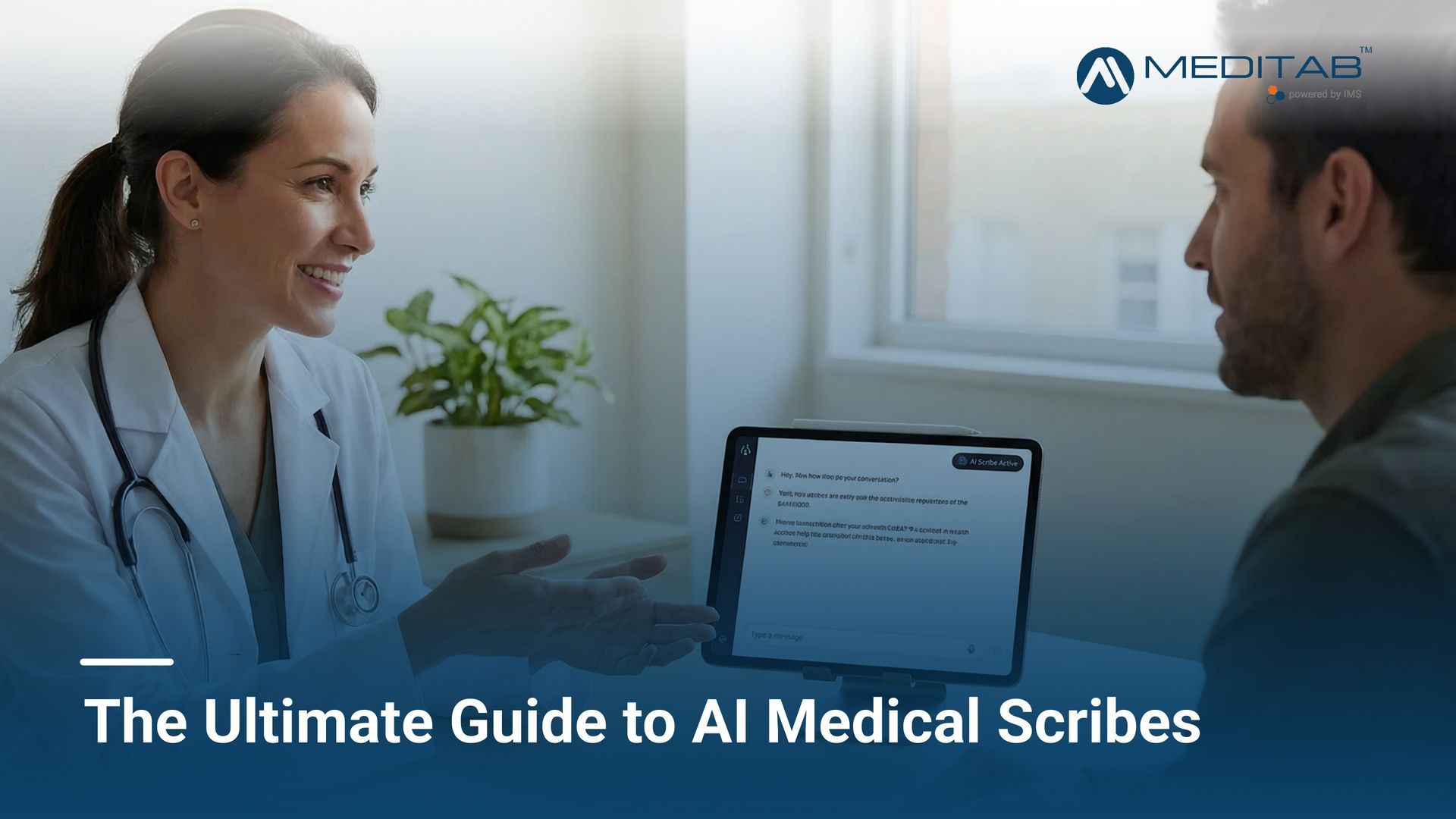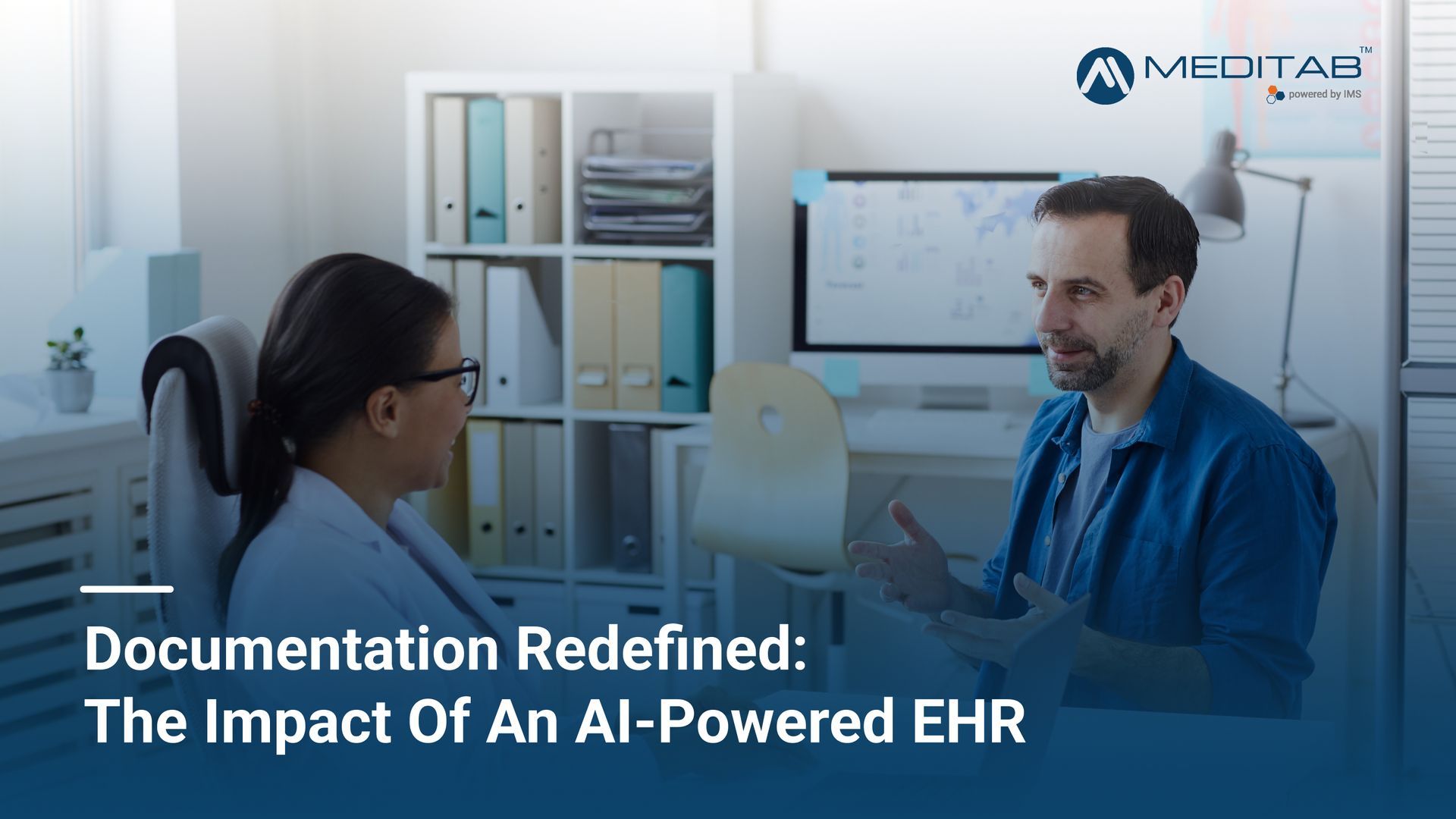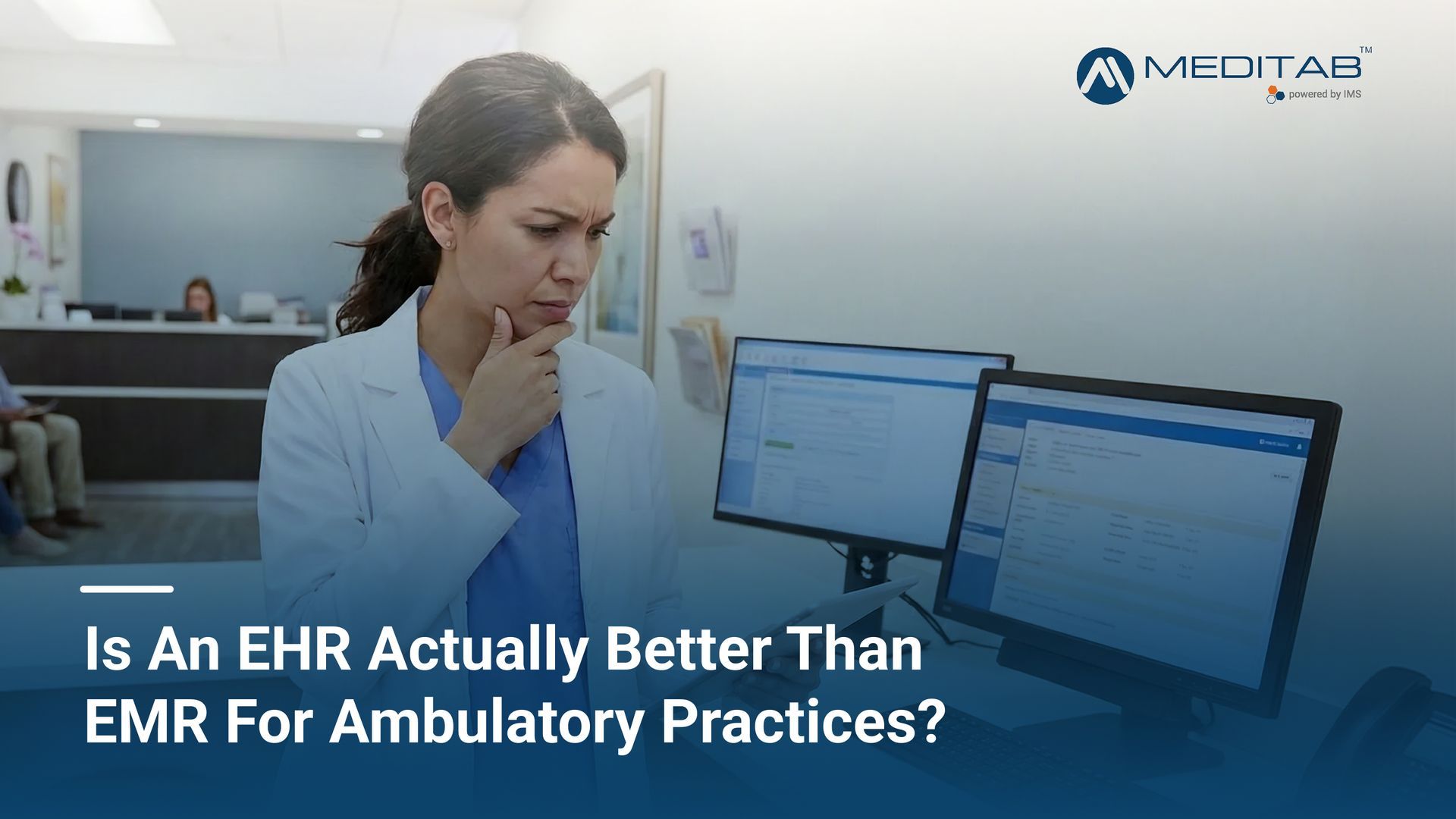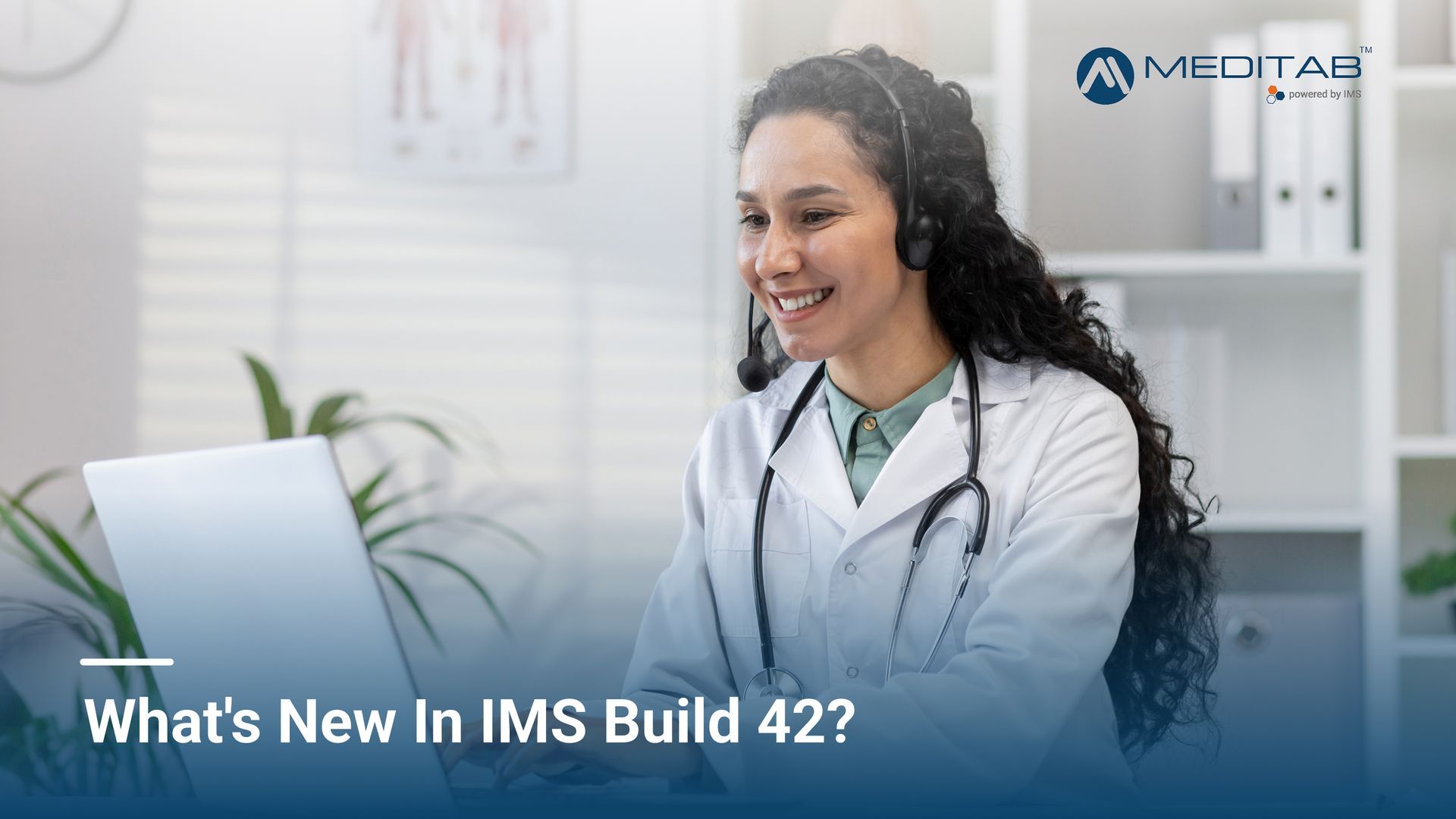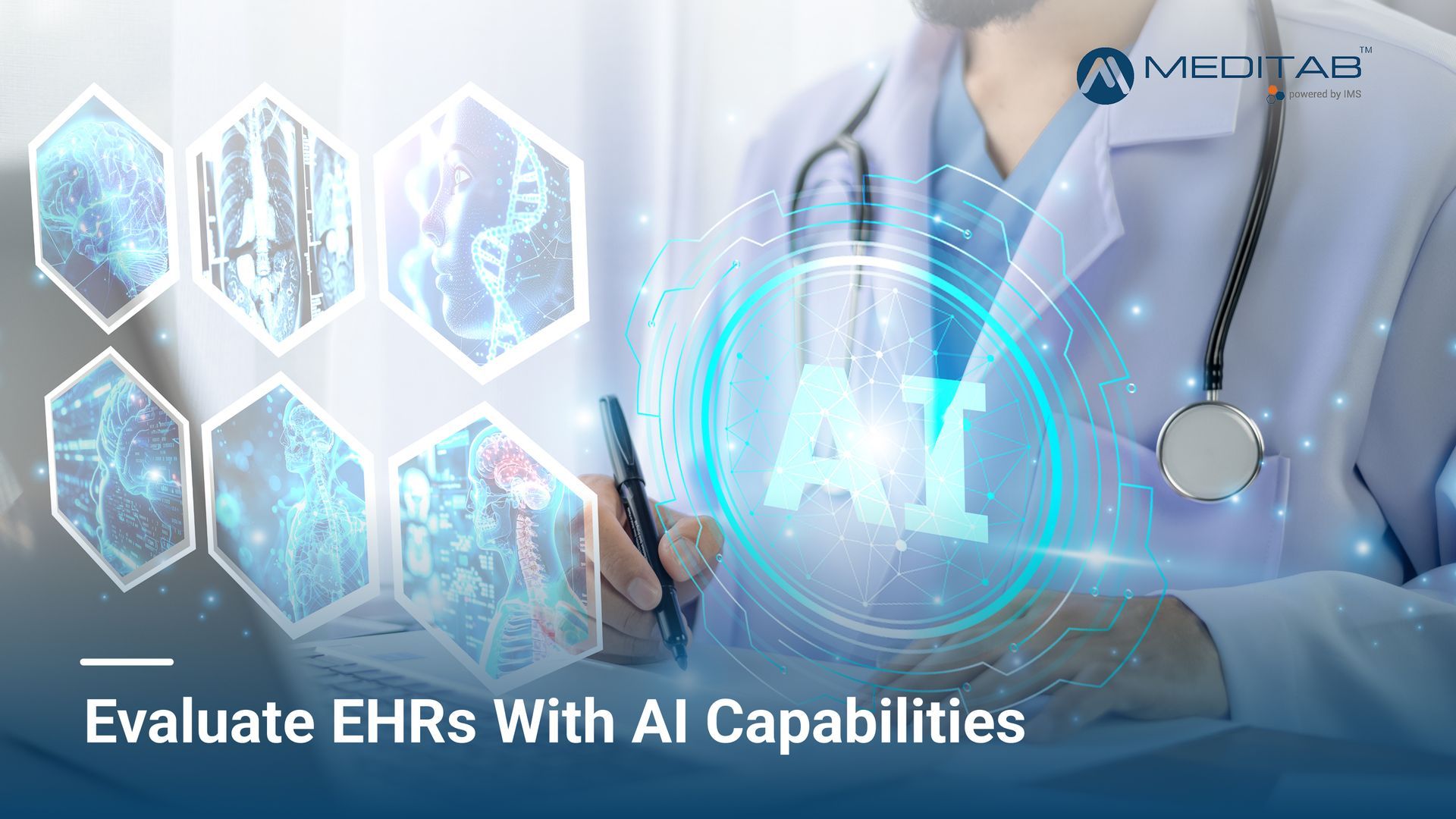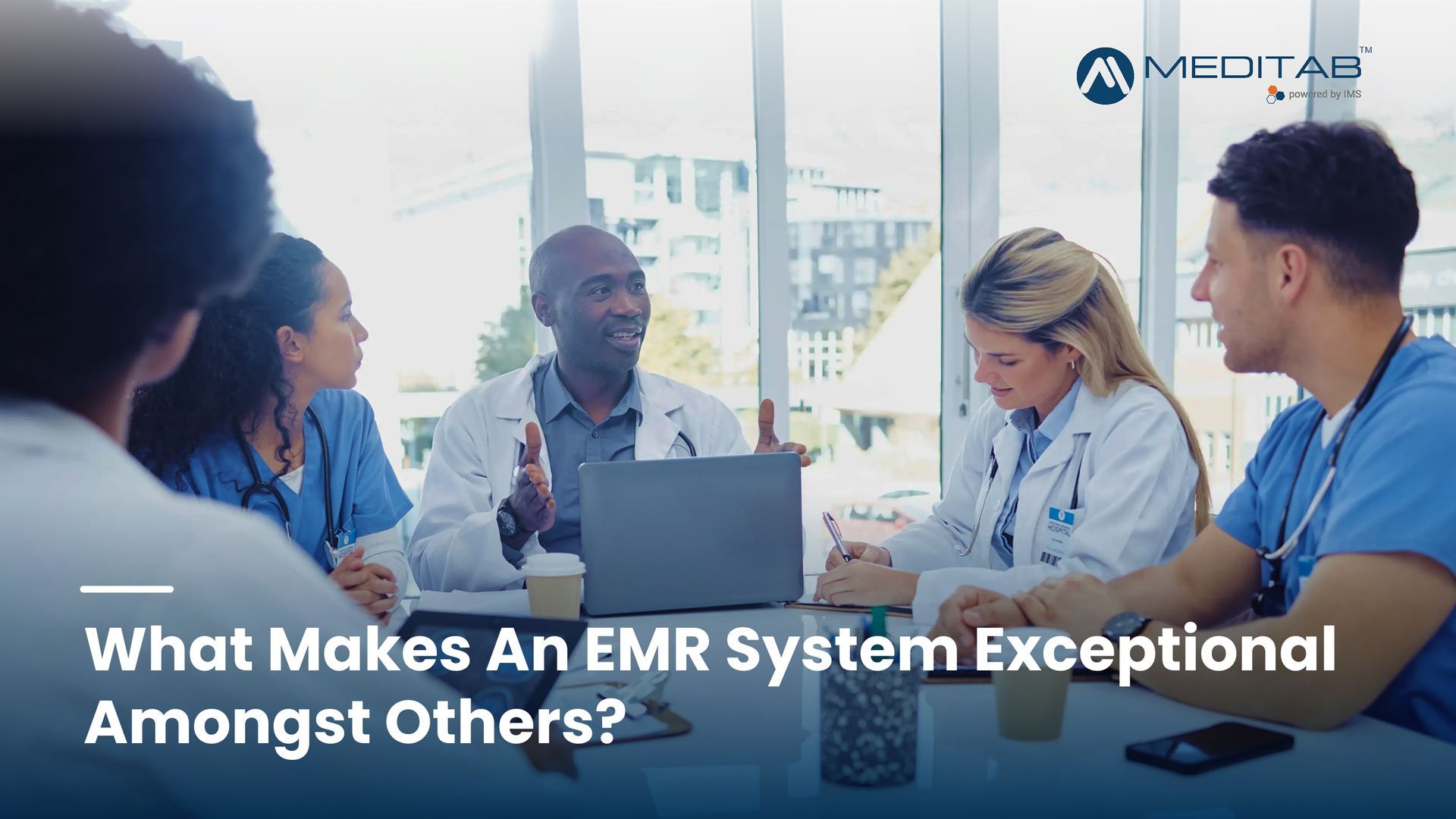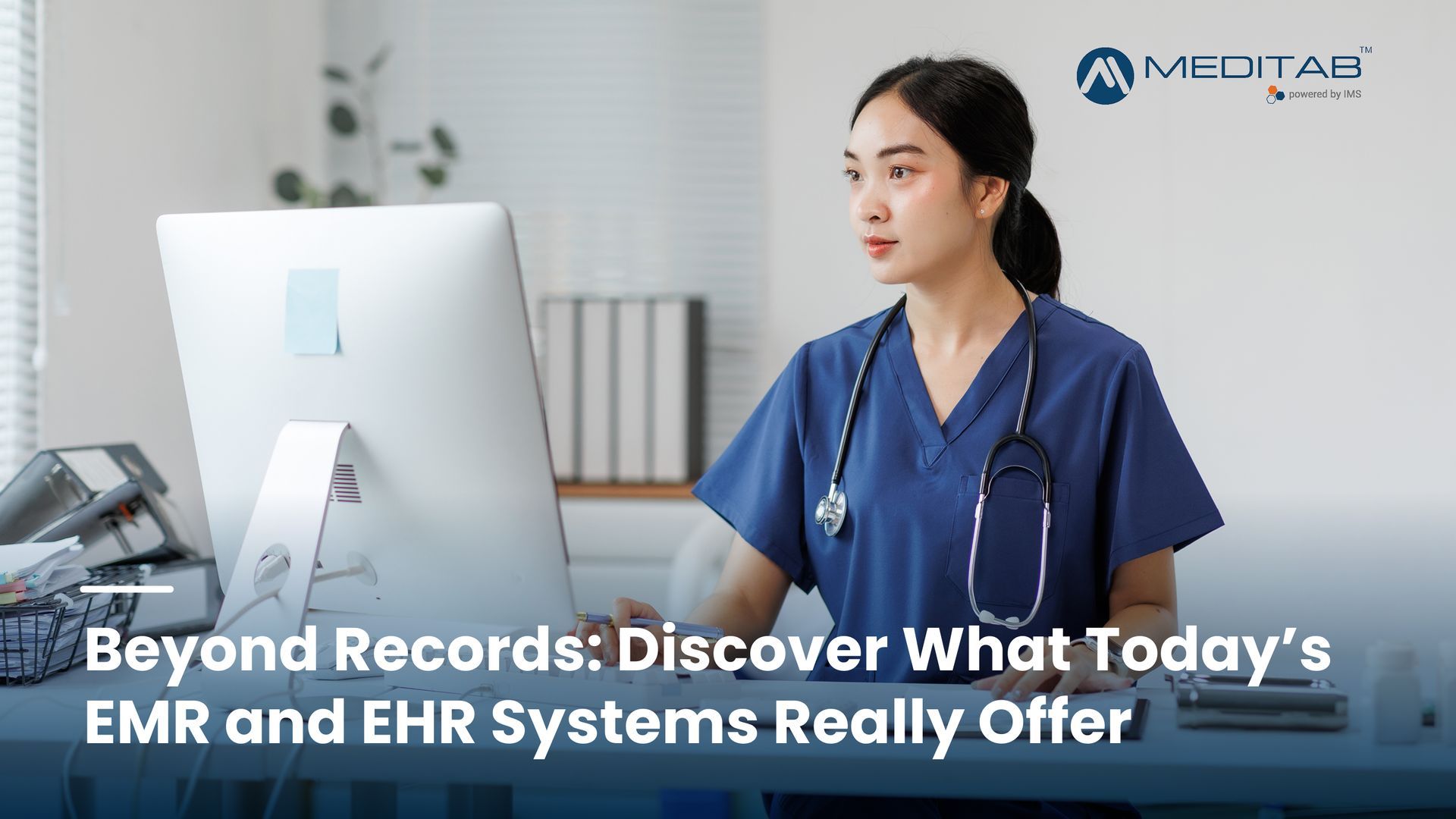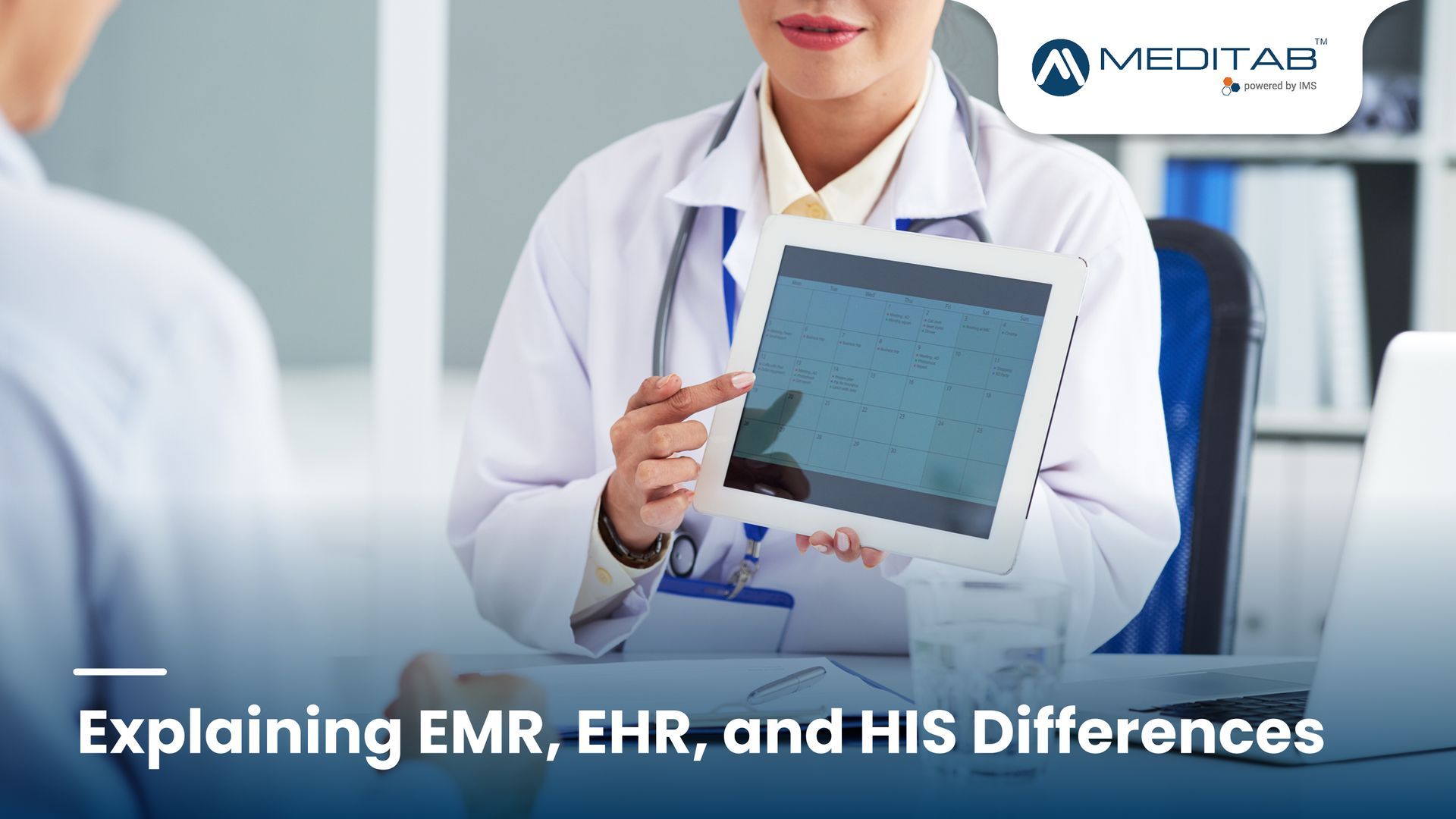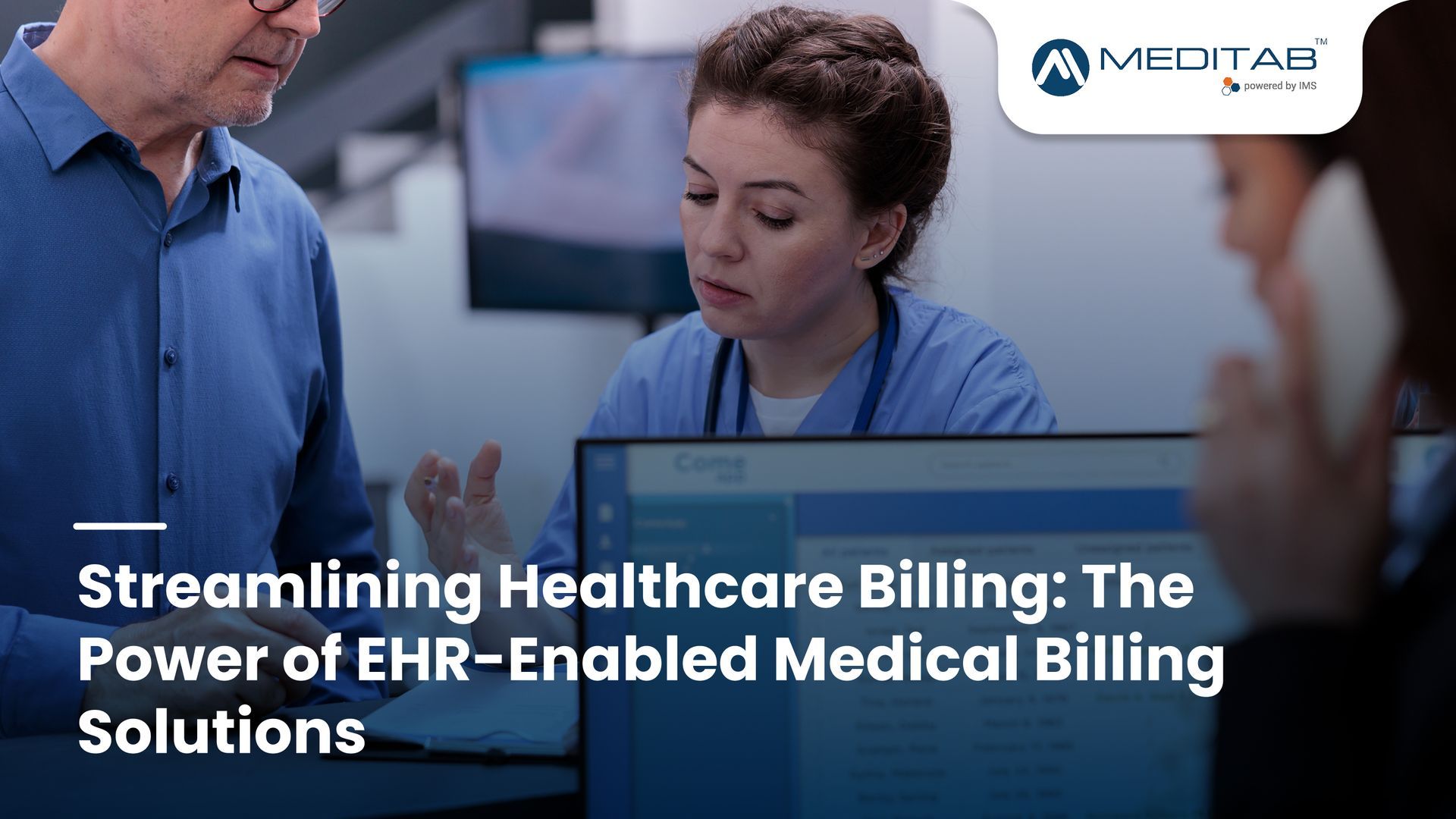Reducing Documentation Burden in Healthcare with Advanced EHRs

Physicians' roles extend far beyond diagnosing ailments and prescribing treatments. Their responsibilities include a crucial yet demanding aspect of healthcare: meticulously documenting patient interactions, treatments, and outcomes.
Documentation consumes a considerable portion of a physician's day. An American Medical Association study reveals that medical professionals spend nearly twice as much time on administrative tasks as on direct patient care.
While essential for quality care and continuity, the burden of documentation on physicians has reached overwhelming proportions, impacting their well-being, job satisfaction, and overall quality of care.
However, there is hope. Advanced EHR solutions like IMS can significantly alleviate documentation burdens, enhancing patient care and healthcare professional well-being.
Achieve Hassle-Free Patient Care Documentation!
Overview of the Documentation Burden in Healthcare
Did you know that almost 75% of healthcare providers believe documentation requirements negatively impact patient care? Additionally, nearly 78% of participants reported frequently working late or taking work home due to the heavy documentation workload.
This startling statistic from the American Medical Informatics Association (AMIA) survey underscores the significant toll excessive documentation takes on the healthcare industry.
The burden of excessive documentation affects more than just work hours, leading to the following consequences:
Physician Burnout
The relentless documentation in healthcare contributes to physician burnout. Healthcare professionals report increased workloads and diminished job satisfaction. The constant pressure to document every detail leaves little room for meaningful patient interactions, impacting work-life balance and overall job fulfillment.
The mental load of switching between patient care and administrative tasks leads to cognitive overload. This constant juggling act drains energy and erodes the sense of fulfillment that comes from patient interaction. Physicians report feeling like data clerks rather than healers, with the joy of practicing medicine overshadowed by the constant clicking and typing.
Compromised Patient Care
When physicians are bogged down by documentation, the quality of patient care inevitably suffers. Time constraints can lead to rushed appointments, where healthcare staff might overlook essential patient concerns.
Moreover, the stress of balancing documentation with clinical duties results in errors and omissions in patient records. These documentation gaps have profound implications, including misdiagnoses and inappropriate treatments, undermining patient safety and trust in the healthcare system.
How Advanced EHR Solutions Can Help

EHRs were introduced with the promise of revolutionizing healthcare, aiming to streamline processes, improve patient care, and reduce the administrative burden on physicians.
Despite the implementation of EHR systems, healthcare professionals still face significant challenges. Often cumbersome and unintuitive, traditional systems exacerbate the documentation burden rather than alleviate it. An AMIA survey emphasizes the urgent need for user-friendly and efficient EHR solutions.
An easy-to-use and intuitive EHR system is crucial for reducing documentation burden and improving efficiency. Healthcare providers need systems that streamline processes, minimize manual data entry, and reduce errors. This is where advanced EHR solutions come into play.
Here are the benefits of cutting-edge EHR systems in easing the load for healthcare providers:
1. Streamlined Data Entry
One primary way EHRs can reduce the documentation burden is through streamlined data entry processes. Modern EHR systems have user-friendly interfaces that minimize the steps required for clinical documentation.
Customizable templates allow quicker data entry, enabling physicians to input relevant information efficiently without unnecessary repetition. Furthermore, predictive text and auto-completion features lessen the time spent typing notes, allowing for more concise and accurate input of patient information.
2. Integration with Other Systems
EHRs that integrate seamlessly with other healthcare systems and databases drastically cut down the time physicians spend on documentation. When lab results, imaging reports, and specialist consultations are automatically uploaded to a patient’s EHR, physicians can access all relevant information in one place without manually entering each detail. This integration saves time and prevents the mistakes that come with manual data entry.
3. Customizable Workflows
Customizable workflows are a standout feature of modern EHR systems. They allow healthcare providers to tailor the EHR to fit their clinic's needs, enhancing usability and efficiency.
Providers can set up workflows that mirror their usual clinical processes, making the system easier to navigate and use. Customizable workflows ensure that the EHR adapts to the practice's needs rather than forcing providers to conform to a rigid system, resulting in a more efficient and user-friendly experience.
4. Voice Recognition Technology
Speech recognition technology has come a long way in recent years, proving to be a game-changer in easing the burden of documentation. By allowing nurses and physicians to dictate their notes directly into the EHR, voice recognition software can speed up the documentation process and make it more accurate.
Advanced systems can even understand medical terminology and accurately transcribe complex patient interactions, freeing physicians from their keyboards and allowing them to focus on patient care.
Ease Your Documentation Burden with Meditab!
The overwhelming volume of healthcare records documentation and management forces you to shift your focus away from what truly matters—your well-being and the quality of patient care.
Meditab’s IMS addresses this issue head-on. By streamlining data entry, integrating with other systems, and offering user-friendly interfaces, IMS ensures that physicians can maintain accurate and thorough records without feeling overwhelmed.
Besides reducing the documentation burden, IMS also enhances the overall efficiency and effectiveness of healthcare practices. It’s time to embrace the future of healthcare with a comprehensive EHR solution and transform how you manage patient documentation.
Contact the Meditab team today to learn more about how we can help you optimize your practice. Experience the difference with Meditab’s cutting-edge solutions and support.
Free Yourself from Documentation Overload!

